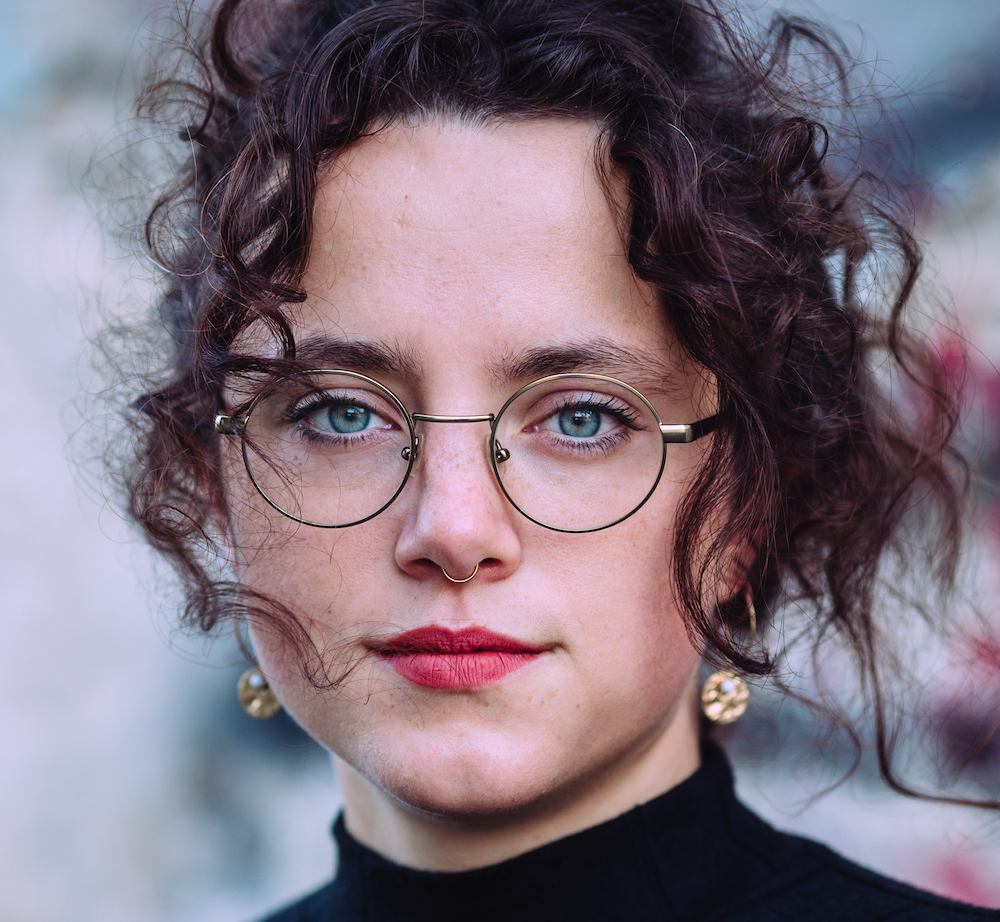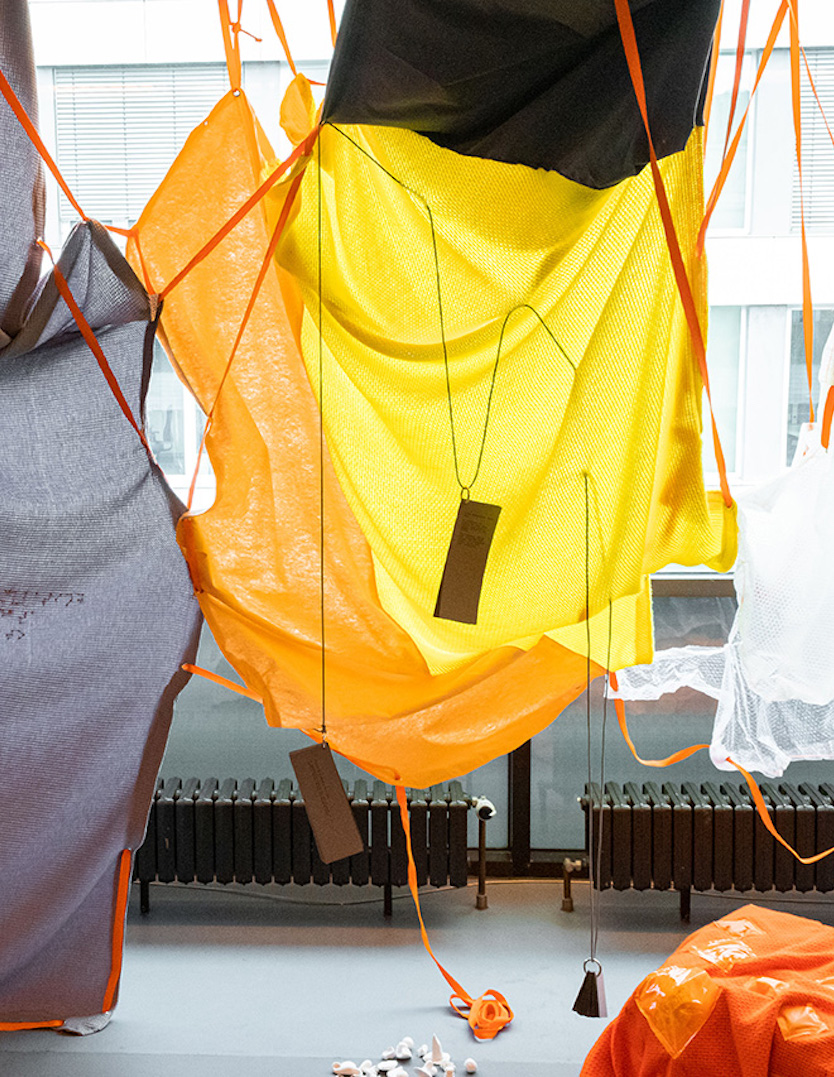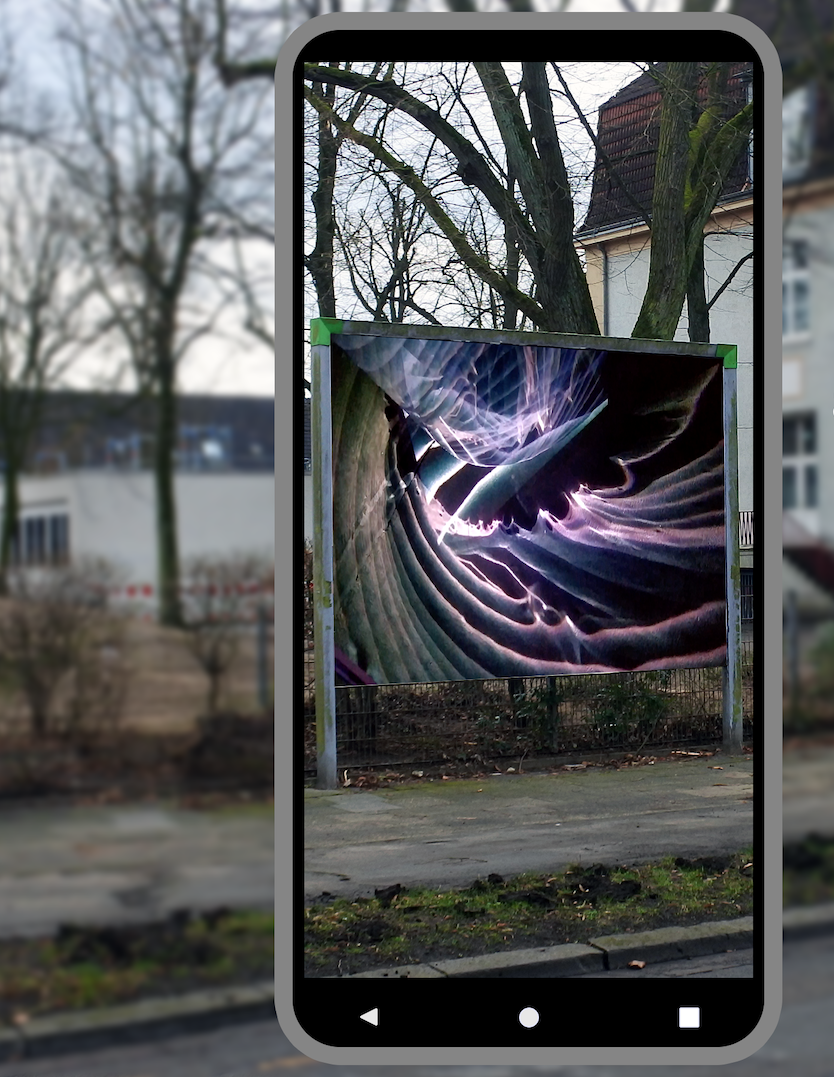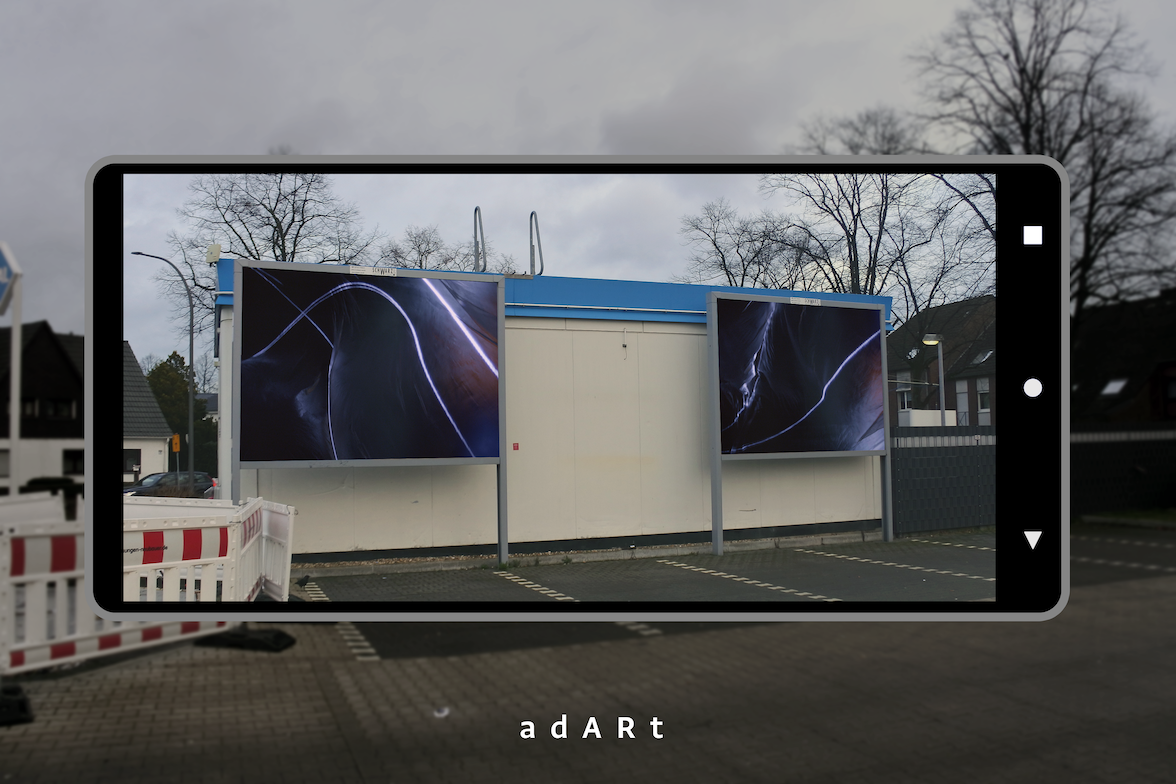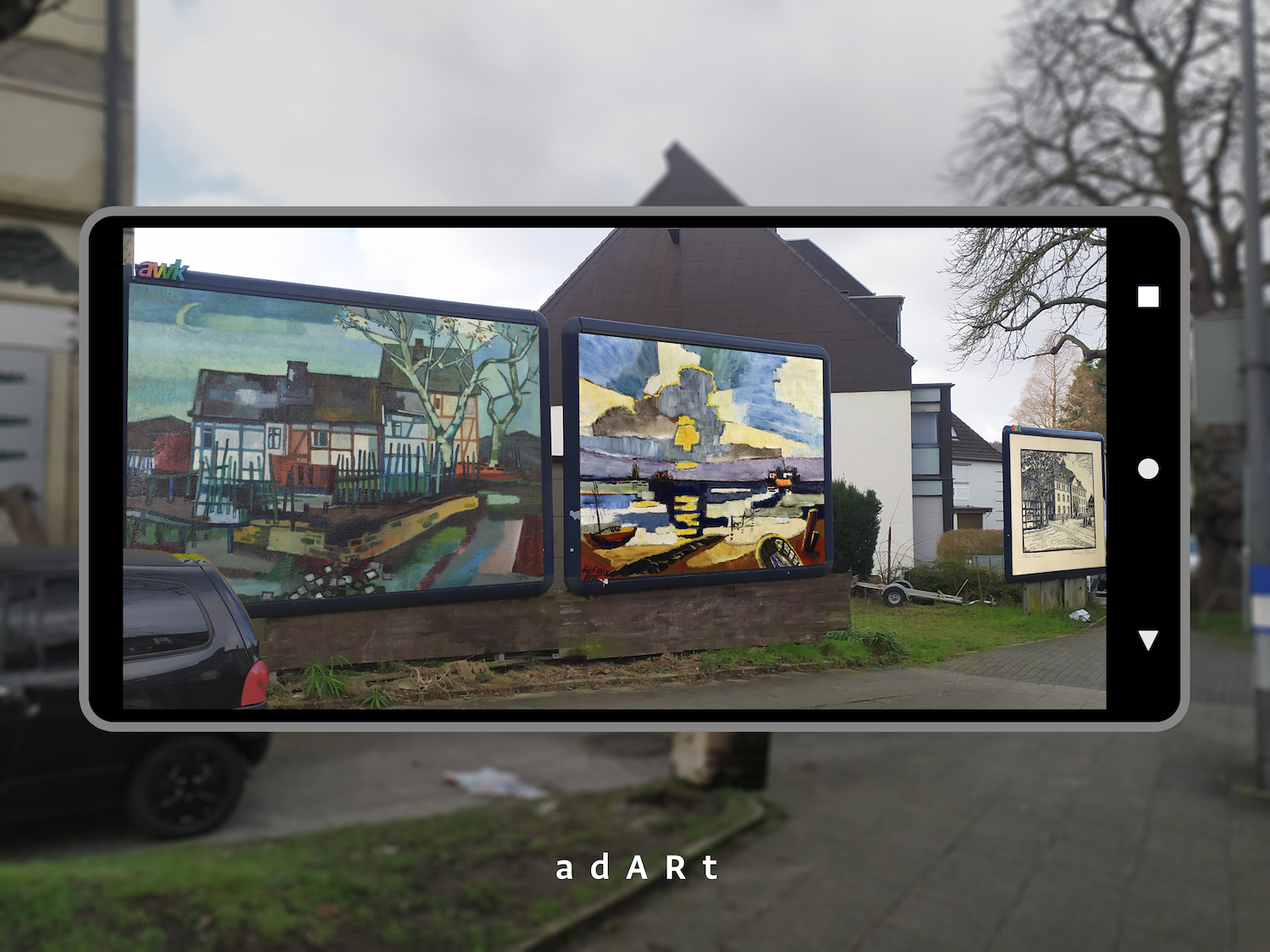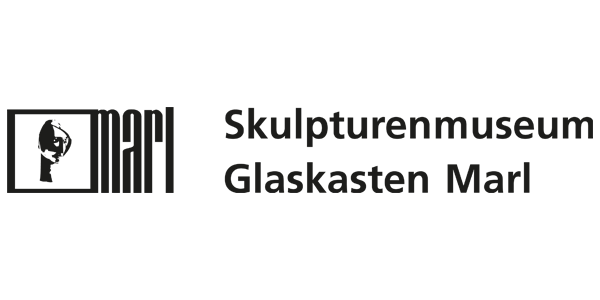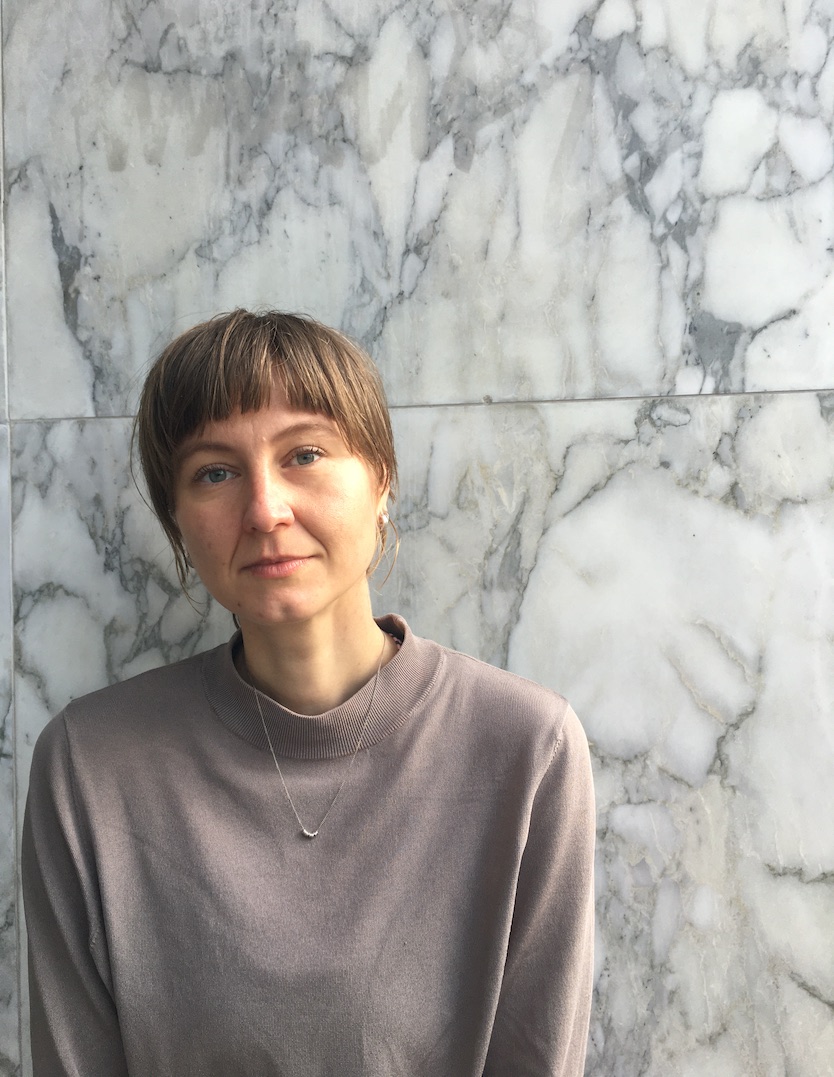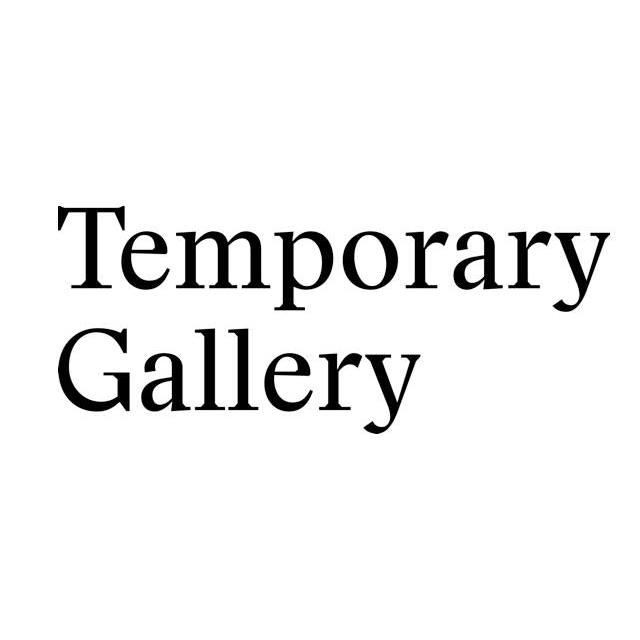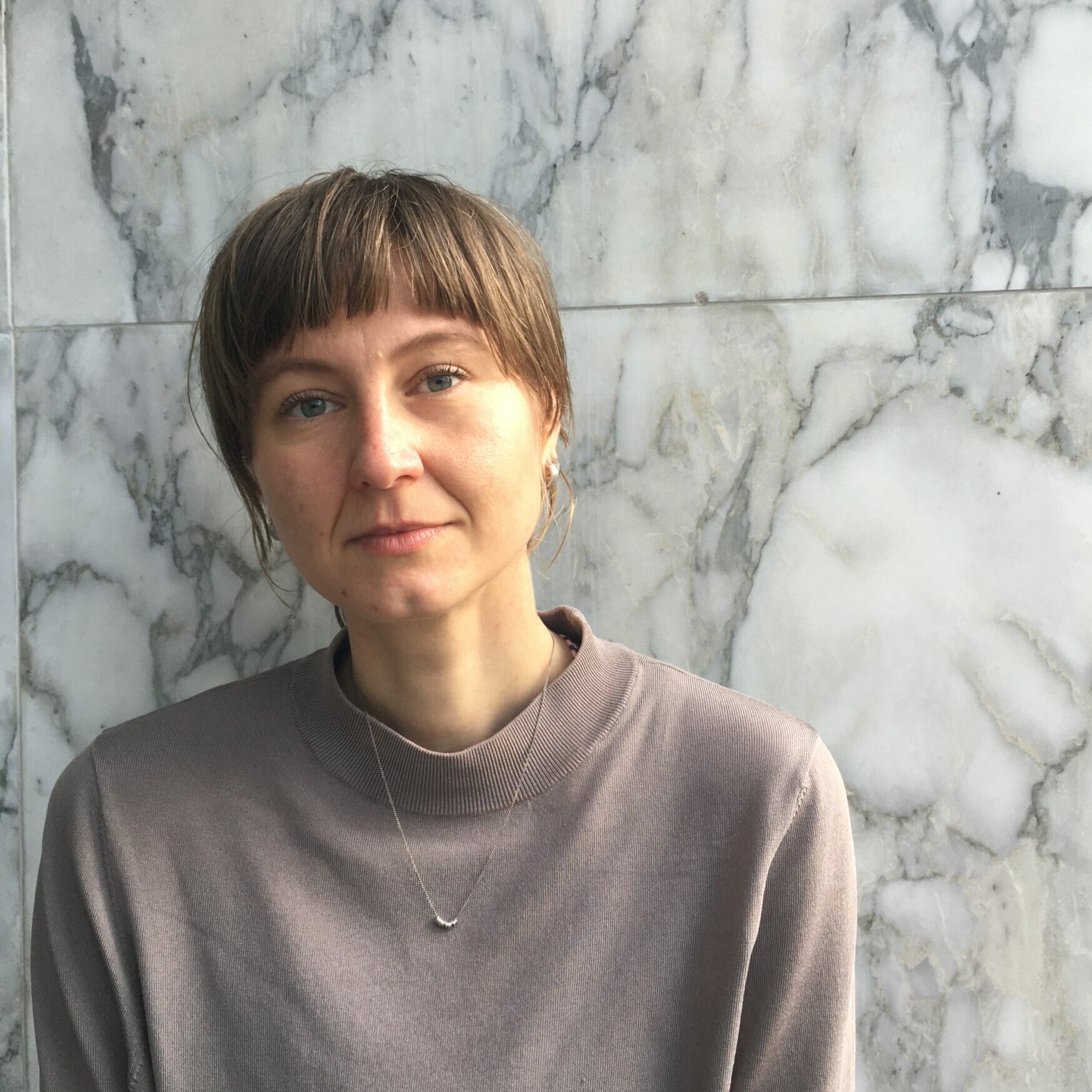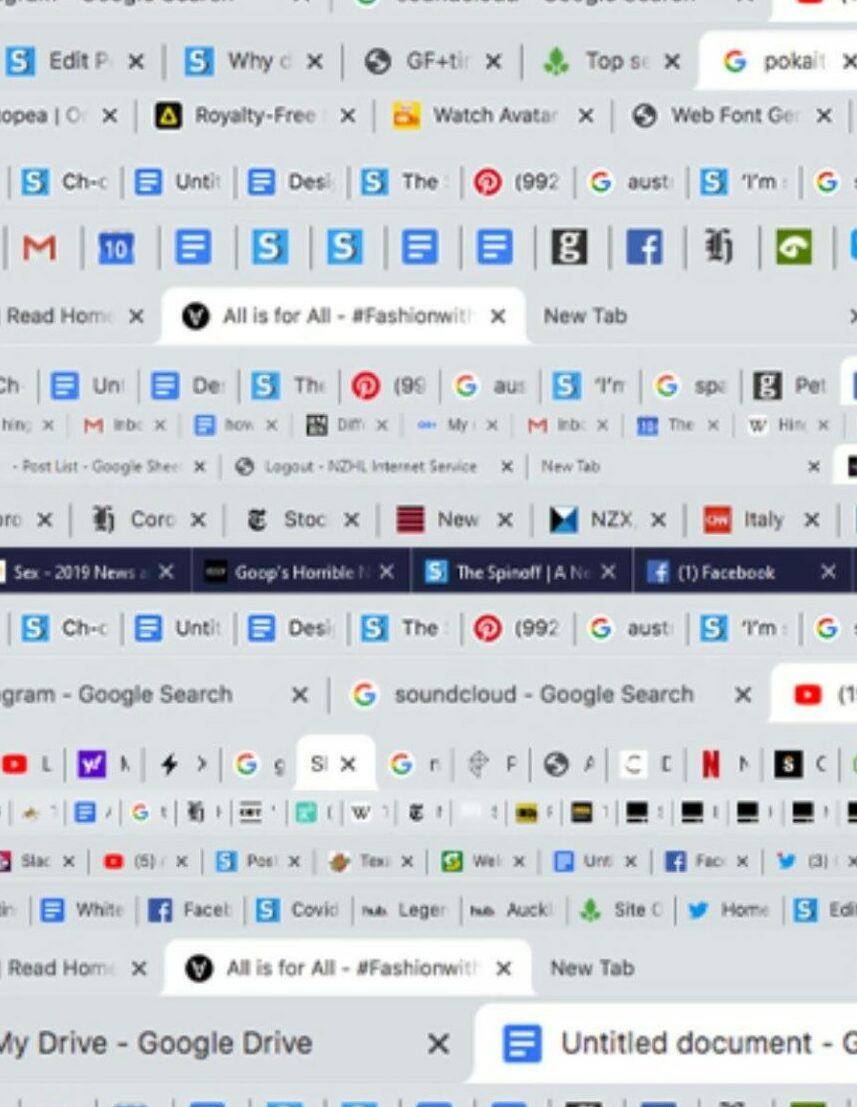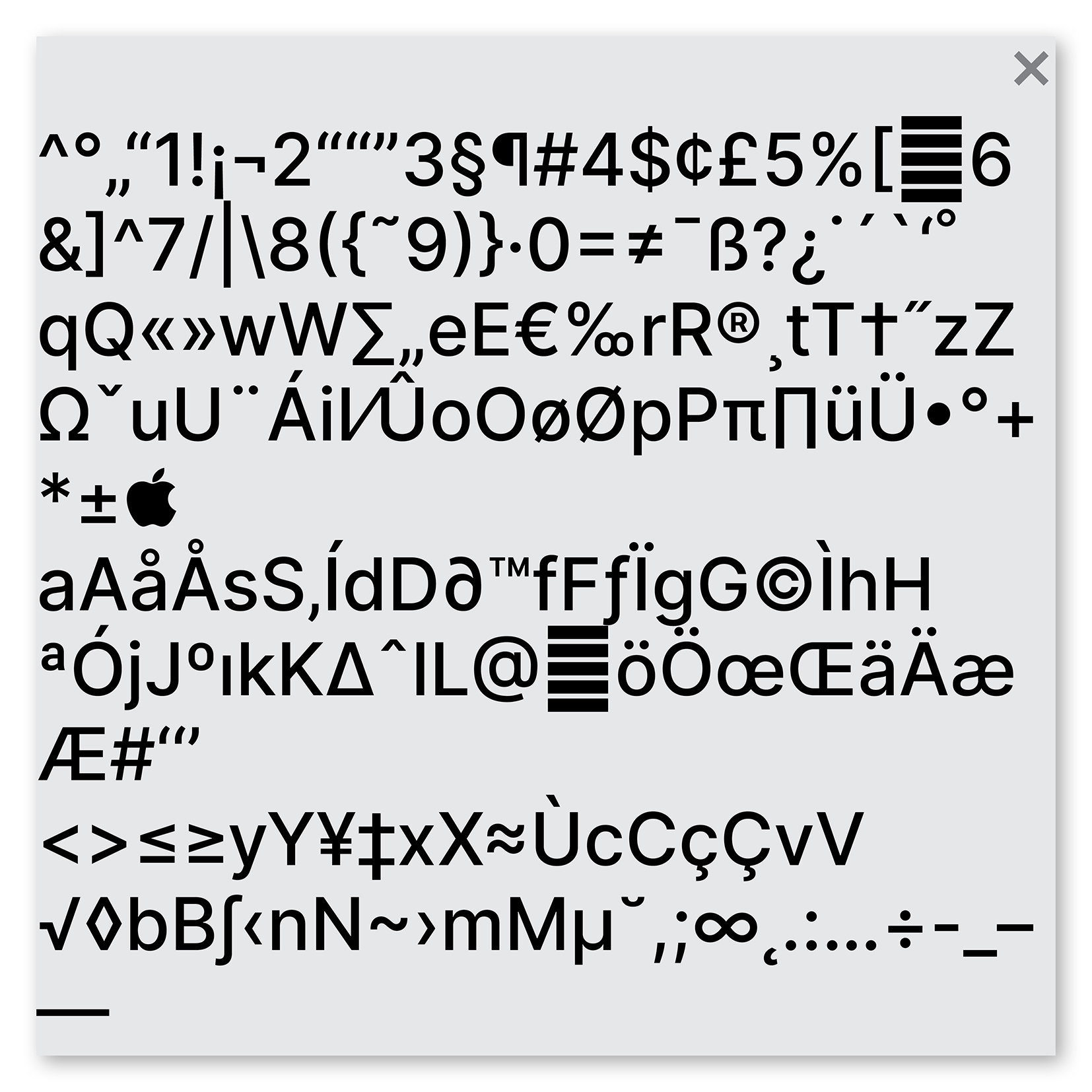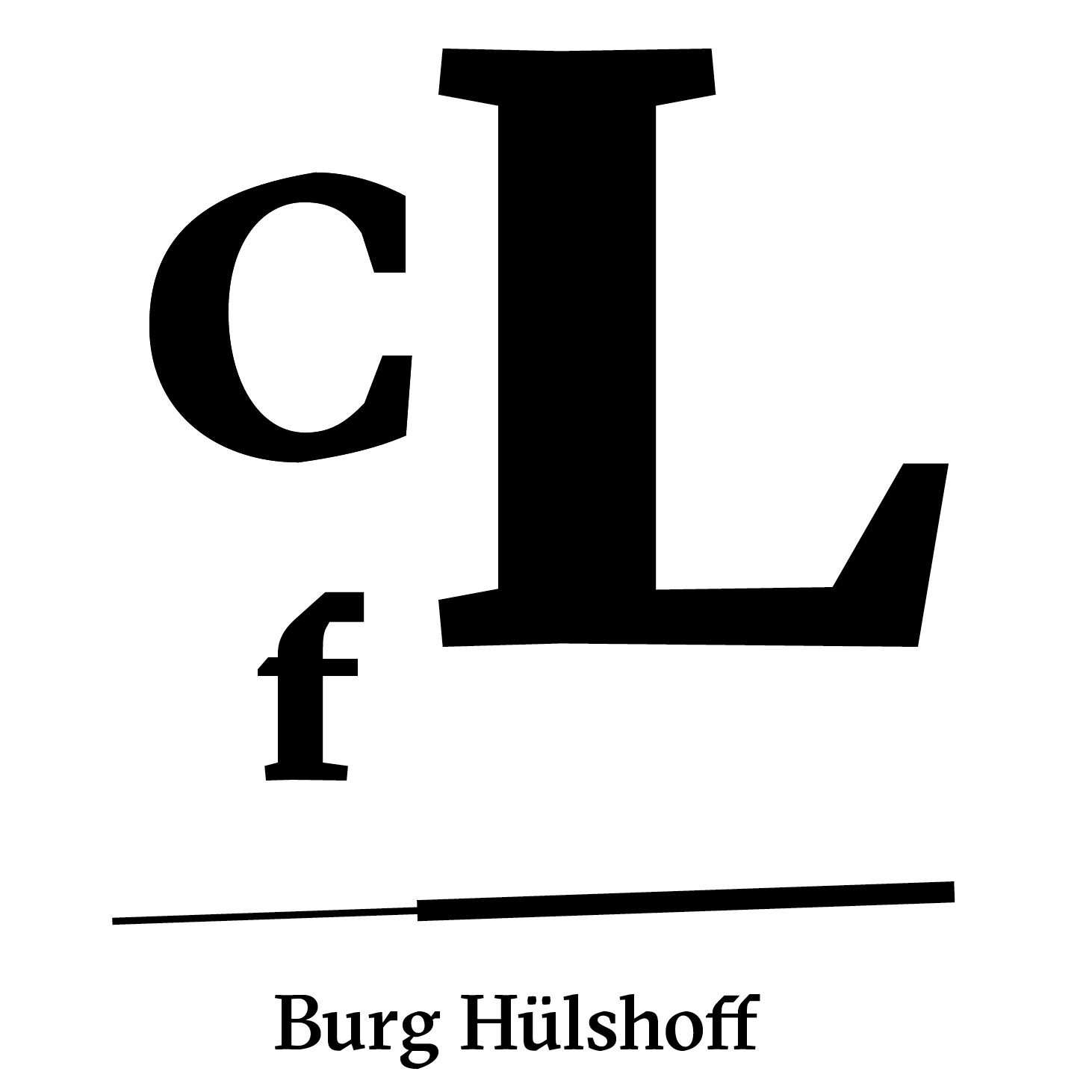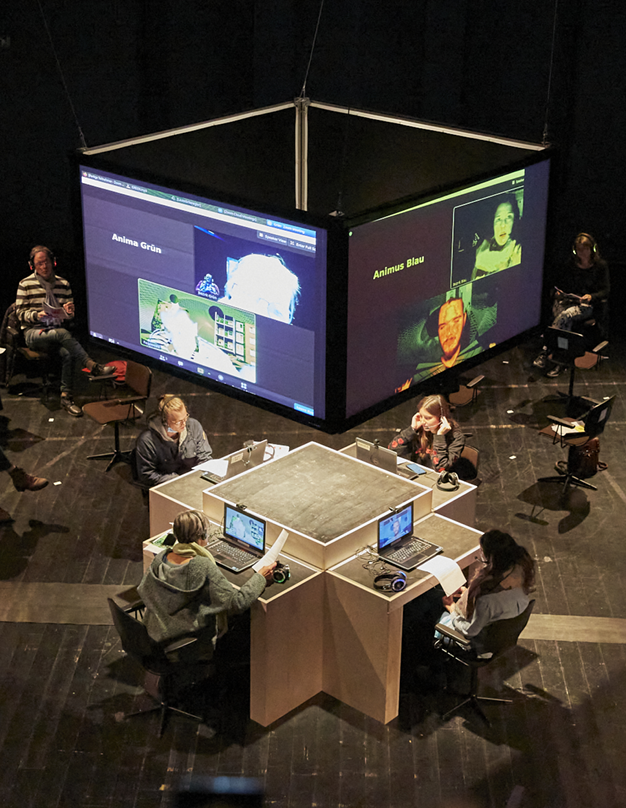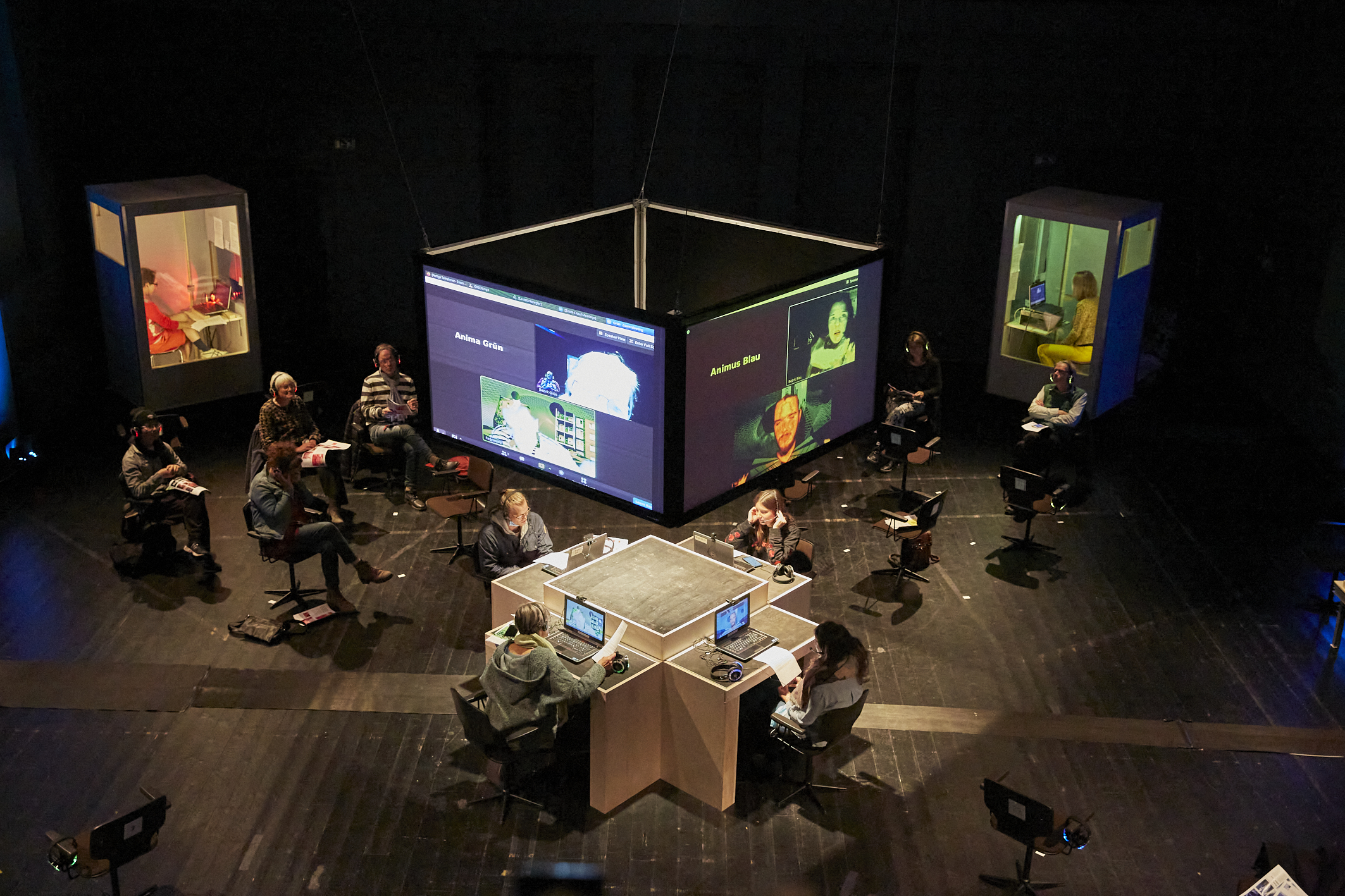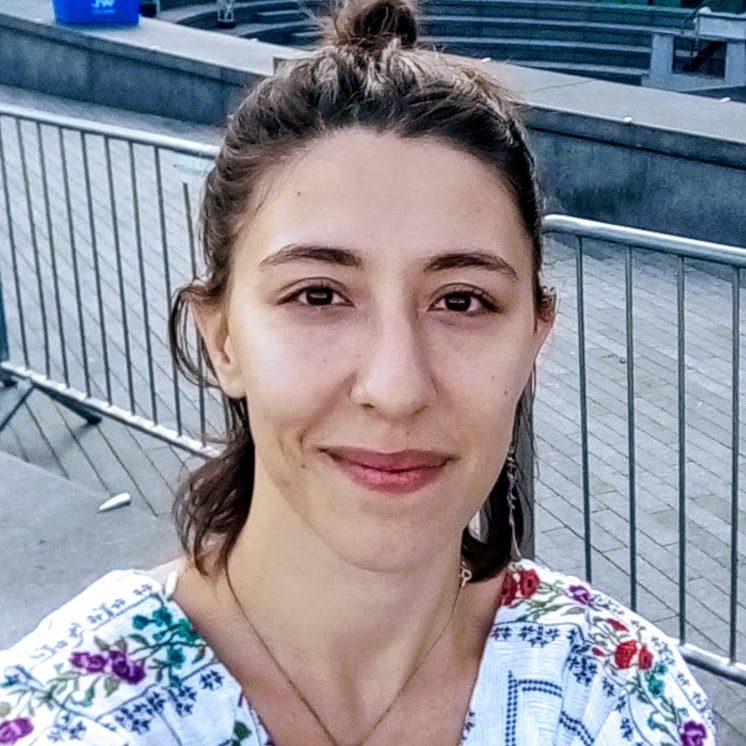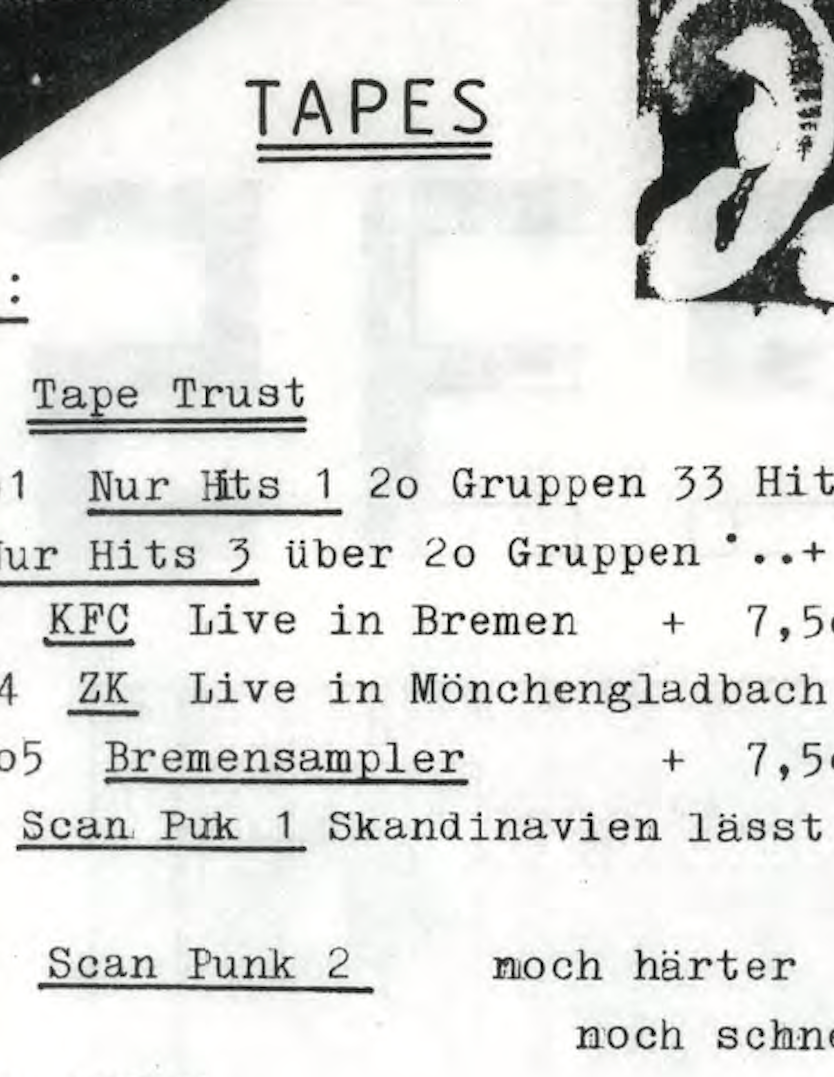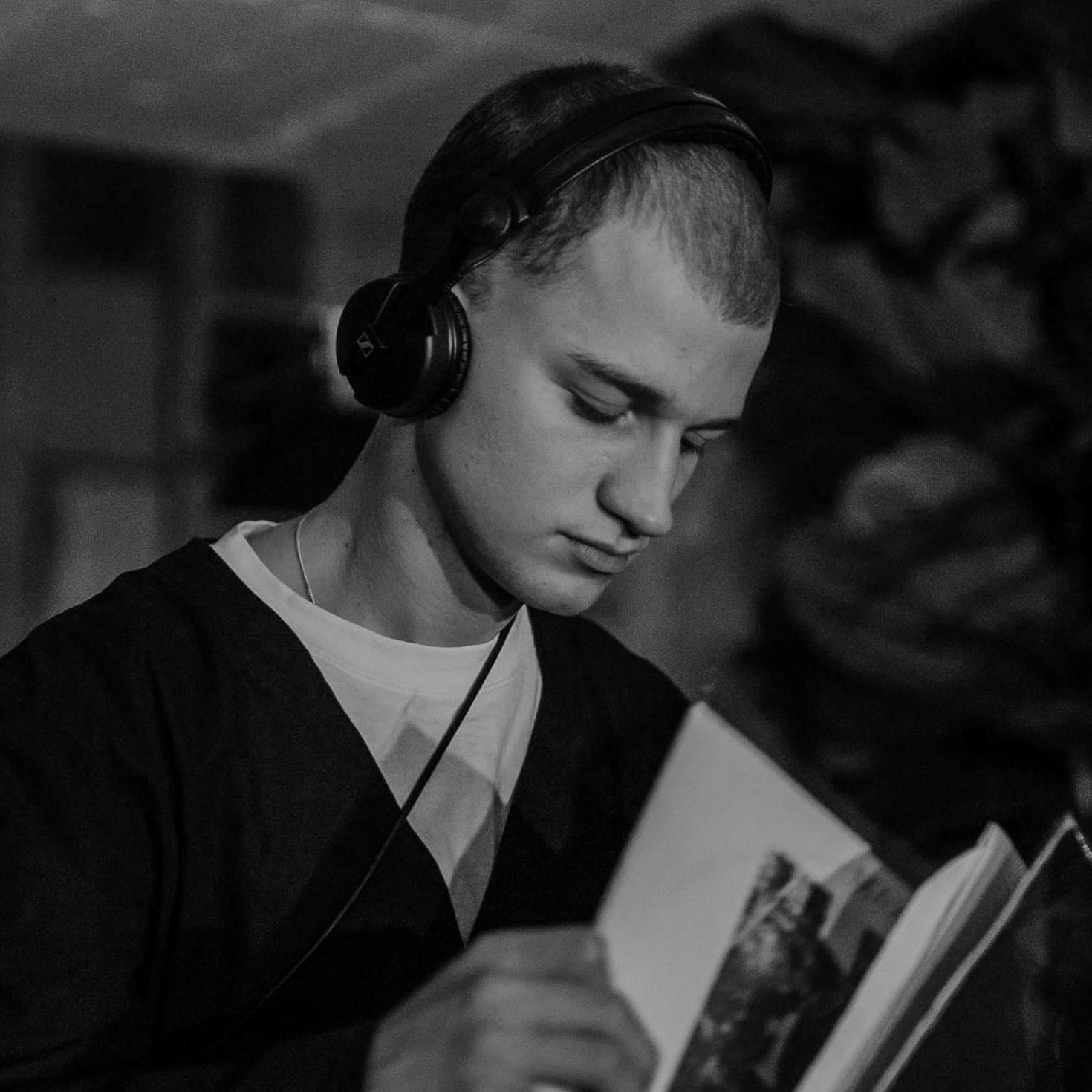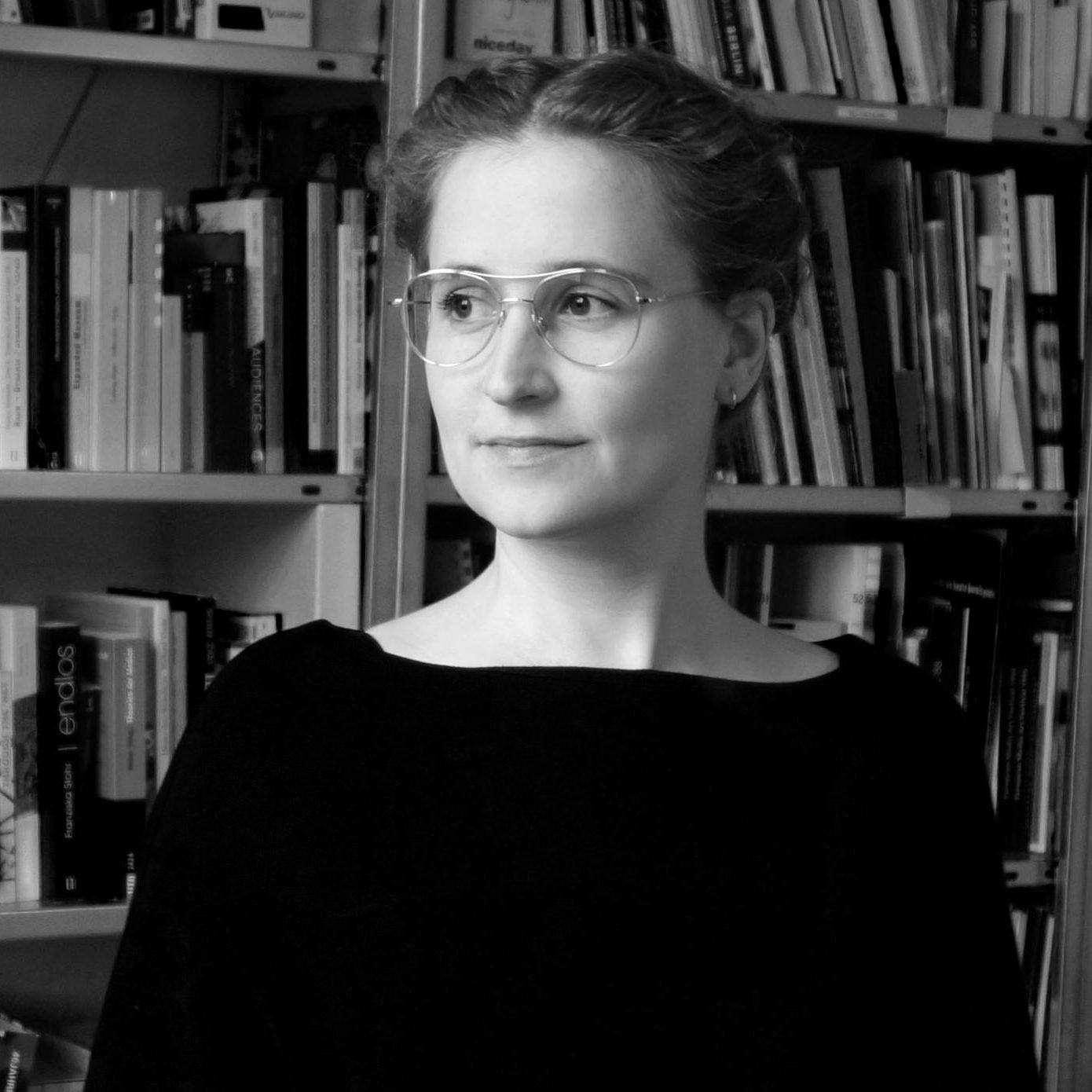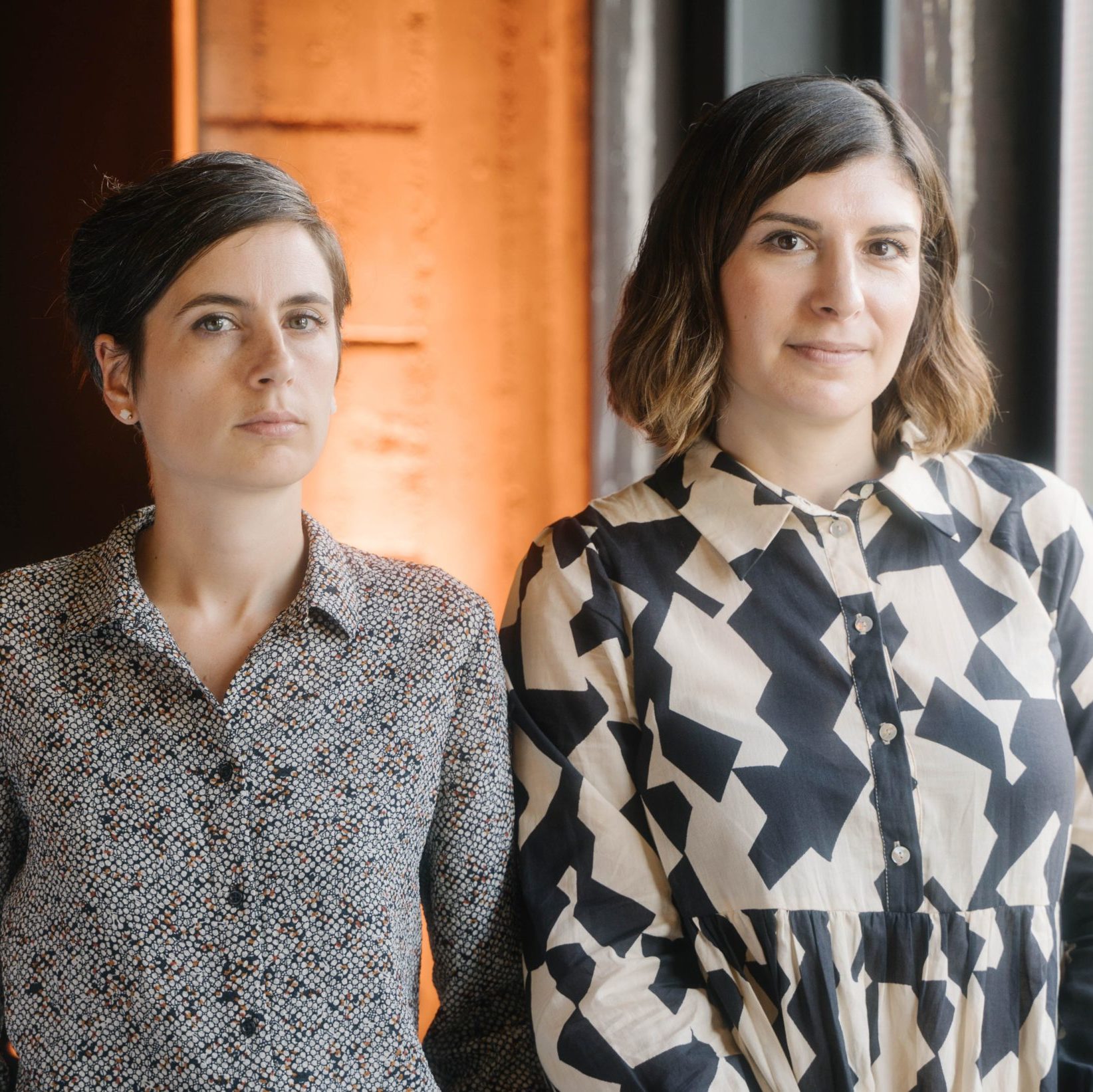Podcast behind the screens – behind the scenes | Counting Feelings
Several projects have been selected as part of the new Media Art Fund and Media Art Fellows funding programmes. What do they all have in common? A co-operative mindset and the ambition to use media art and digital culture to investigate current issues and developments in the fields of art, technology and society. In the second series of the podcast, journalist Sophie Emilie Beha wants to find out from the people involved what other ideas and goals lie behind the projects of art and cultural institutions and initiatives from all over NRW. In behind the screens – behind the scenes, she talks to artists, curators and researchers from NRW about topics that concern and affect them. They conduct research together: into the essential, the hidden, points of friction and interfaces with society that can be found in the projects.
Episode 10: COUNTING FEELINGS
COUNTING FEELINGS is an artistic research project by the arts-design duo MELT (Ren Loren Britton & Iz Paehr) that considers data for Trans* and autistic lives and engages it for our embodiminded positions to re-count (tell about) and ac-count (claim political agency) for our experiences differently. Moving from a politics that asserts ‘nothing about us without us’, COUNTING FEELINGS celebrates Trans* and autistic authorship, figuring our politics of comradeship, embodied data practices and dreaming. This page offers recordings and PDFs of all data sets and lists that were developed during the fellowship period, as well as a podcast episode recorded with Sophie Emilie Beha and MELT.
MELT (Ren Loren Britton & Iz Paehr) study and experiment with shape-shifting processes as they meet technologies, sensory media and pedagogies in a warming world. Meltionary (derived from “dictionary”), is a growing collection of arts-design-research engagements that cooks up questions around material transformations alongside impulses from trans* feminism and disability justice. Melting as a kaleidoscope like phenomena touches upon multiple topics at once: climate change, the potential for political reformulations, change over time and material transformation. MELT shares work in the forms of videos, installations, websites, lectures, workshops and courses.
Find out more about MELT
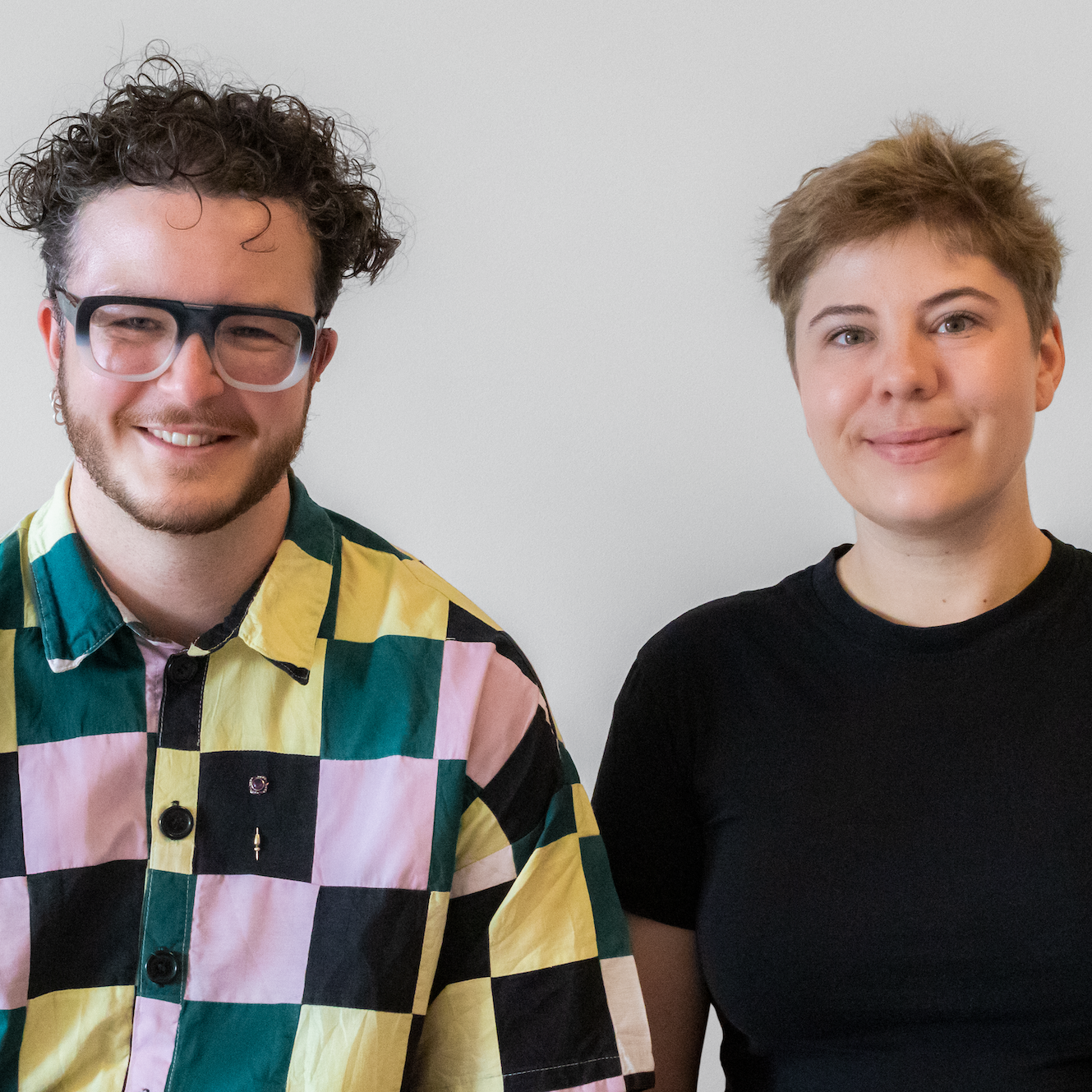
Sophie Emilie Beha is a multimedia music journalist. She works in various contexts, including music, text, language, curation, improvisation, dramaturgy and poetry. Sophie moderates festivals, concert introductions, podcasts and panel discussions. She is also an author and presenter for various public broadcasters. Furthermore, she curates interdisciplinary events, realizes transmedia compositions and works as a dramaturge for ensembles.
